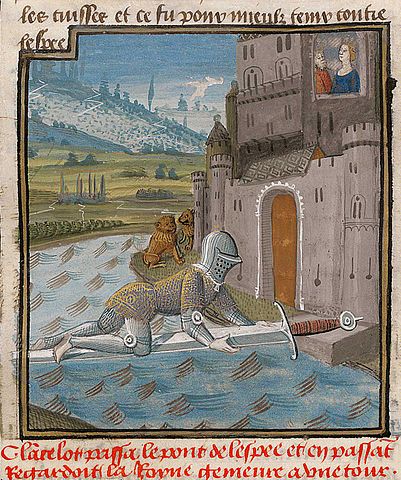
Unlike peasants who were often under the common rule of the land, medieval knights were held to a completely different set of laws and customs. While a peasant might be under the authority of a lord or lady, the knight was under the authority of the king. So the question remains, what would happen if a medieval knight disobeyed the king’s orders? Well here is the answer.
Generally speaking, if a medieval knight disobeyed the direct orders of the king then they could expect one of three outcomes. First, if the knight’s actions were especially bad then they could be exiled from the kingdom. Second, the king could order the knight to perform a series of tasks to prove their loyalty. Third, the king could order the knight imprisoned and or executed for treason.
It is important to remember that the medieval period in Europe lasted nearly 1,000 years. During this time knights, kings, and the code of loyalty and chivalry changed completely. However, a knight who disobeyed the direct orders of the king could expect one of these three judgments.
Here at The History Ace, I strive to publish the best history articles on the internet. If you enjoyed this article then consider subscribing to the free newsletter and sharing it around the web.
Without further ado, here is what would happen if a medieval knight disobeyed the king’s orders.
A Medieval Knight Who Disobayed The King Might Be Exiled
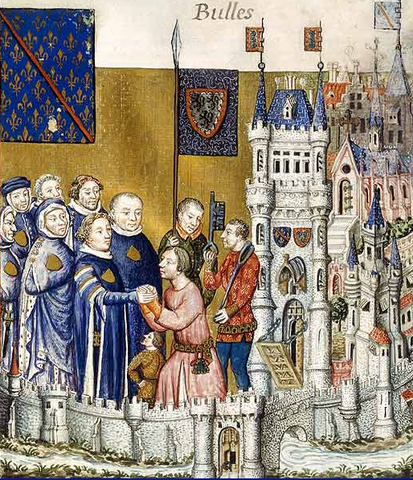
If a medieval knight disobeyed the king they could expect one of three punishments. The first of these punishments were being stripped of their lordship, having their property seized, being exiled from the kingdom, and being declared an outlaw.
This form of punishment was considered one of the lowest levels of punishment for a knight by the king. It comes from ancient Rome where individual politicians would be declared enemies of the state and sent into political exile. During the Roman Empire, the punishment of exile would increase under the emperors.
During the medieval period knights who disobeyed the king could be sent into exile from the kingdom. First, the king would strip the knight and their family of their nobility and title, then the individual knight would be removed from the protection of the king and declared an outlaw.
When the knight was declared an outlaw they would be forced to flee the kingdom. This was because now anybody could capture and enslave/kill the exiled knight who was not considered outside the law.
This form of punishment for disobeying orders was widespread across the medieval period. Not many sources have left that outline this punishment but in 2015 Dr. William Jordan wrote a book that goes over exile in the high middle ages. Using tapestries and other surviving primary sources they put together a convincing narrative that demonstrates that exiles would wander between France and England during the high middle ages.
As such if a medieval knight disobeyed the king they could expect to be declared an outlaw and exiled from the kingdom.
A Medieval Knight Who Disobayed The King Could Be Asked To Prove Their Loyalty
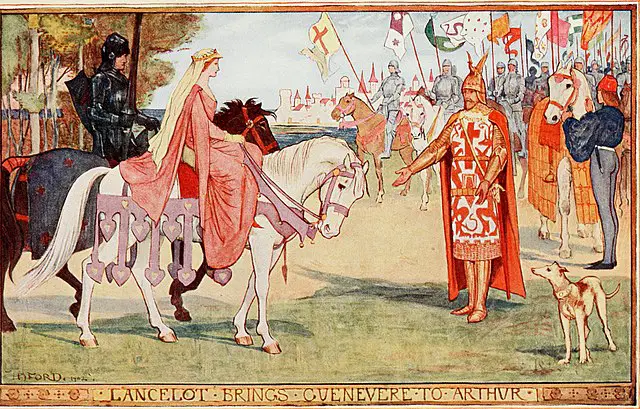
The second thing that might happen if a knight disobeys the king would be that he would be given a task to prove his loyalty.
This form of ‘punishment’ often involved a king giving the knight a series of extremely difficult tasks that were designed to get the knight killed or keep them away for extended periods of time.
More often than not this happened during the early part of the medieval period. Between the years of 500-1,000 AD when kings were less powerful and had to rely upon their vessels and knights more. It would have caused considerable turmoil in a kingdom to have a king constantly eliminating, exiling, or imprisoning those who provided his military support.
As such sending the knight away on a series of tasks to ‘prove their loyalty was the next best option. A great example of this can be seen in the legendary tale of one of King Arthur’s knights, Sir Lancelot.
At one point in the legend of Sir Lancelot, Queen Guinevere was accused of adultery. In order to prove his loyalty, Lancelot engages in a trial by combat with the Queen’s accuser. Having successfully defeated the accuser, both Lancelot and the Queen are considered loyal to English Common Law, and the entire adultery episode is forgiven.
Arthurian legend was based on myth. However, there was some aspect of reality that influenced the development of the stories. Sir. Thomas Malory, the author of the Arthurian legend, draws heavy inspiration from the 15th-century English internal conflict called the War of the Roses.
During this time period, knights were accused of treason constantly. Here the knights were given a series of trumped-up charges and asked to prove their loyalty. When they could not they were charged with high treason.
A Medieval Knight Who Disobayed The King Could Expect To Be Imprisoned And Executed

If a medieval knight disobeyed the king they could expect to be either imprisoned or executed on the king’s orders. This was by far the most common fate of knights who ignored the king’s orders.
Contrary to popular belief most castles did not have dungeons. The reason was that most people did not get the luxury of a trial in medieval Europe. If the king or lord thought you were guilty, then chances are you would be convicted without a trial.
For high-ranking knights, they would become political prisoners after disobeying the king. However, they would be given a private room in a fortress and forced to remain there. Being a political prisoner is akin to house arrest in today’s first-world countries. These knights could not leave and would have to bargain for their freedom. However, these are the extremely high-ranking knights of a realm.
For a majority of knights their fate if they disobeyed their king was execution. This was because the king’s law was the law of the land, if you broke it then you were at the whim of the king. Most kings would only have to gain from removing a knight as they would inherit their land and property.
A great source that details treason and the penalty for knights is the English Treason Act of 1351. This law, which was approved by knights in Parlement, firmly established what was defined as high treason for knights.
If a knight was convicted of high treason then their property would be seized and they would be executed by hanging, drawn and quartering, or beheading. This was what a knight could expect if they disobeyed the English king during the 11th-15th century.
Conclusion
There you have it; an entire article going over what happens if a medieval knight disobeyed the king.
For a vast majority of knights disobeying the king was considered treason. This was the worst fate a knight could suffer and as such most knights were fiercely loyal to their king. The problem came about when the king themselves went against the order of knightly chivalry. This caused many civil wars during the medieval era.
I hope you enjoyed this article. Here at The History Ace, I strive to publish the best history articles on the internet. If you enjoyed this article then consider subscribing to the free newsletter and sharing it around the internet.
Further, you can check out some of the other articles below.
-
How The American Revolution Changed The World

Here is how the American Revolution changed the world. Many people are not aware of just how important this event actually was.
-
Why The Roman People Loved Chariot Racing
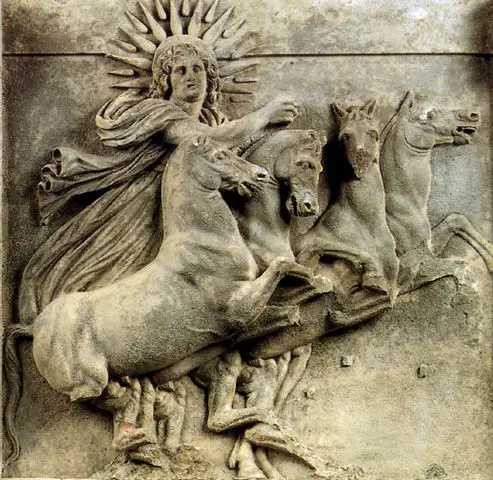
Why did the Roman people love chariot racing? Well it all comes down to these 3 reasons.
-
The Design and Color of Roman Chariots
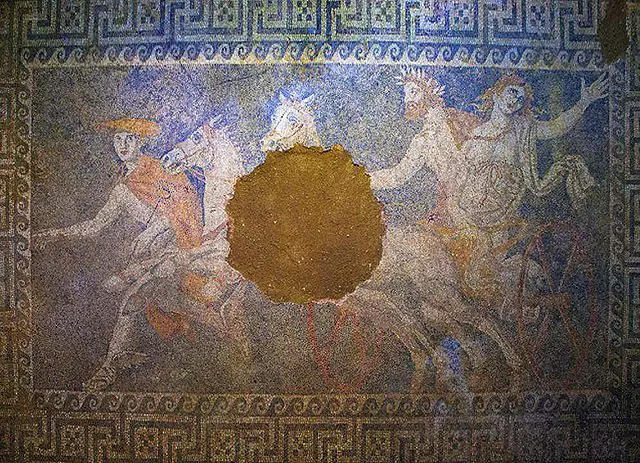
What was the design and color of Roman Chariots? Were they faster or slower then normal chariots? Well here is everything!
Sincerely,
Nick